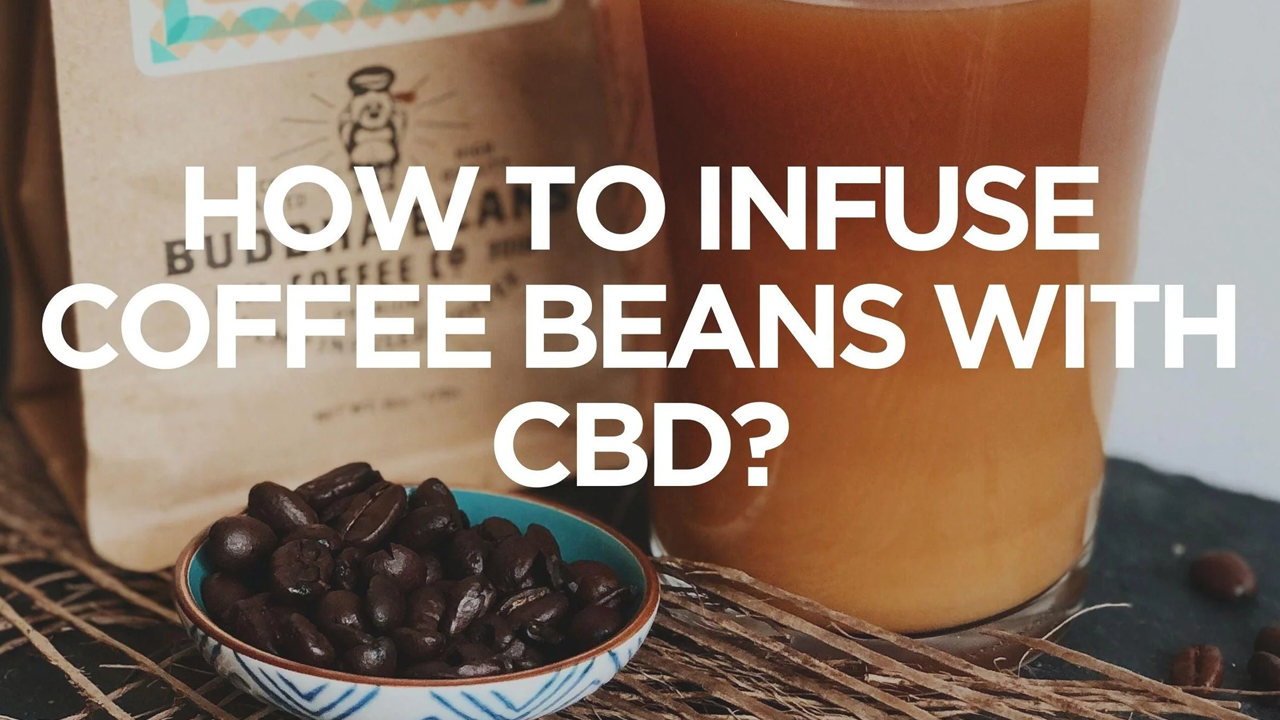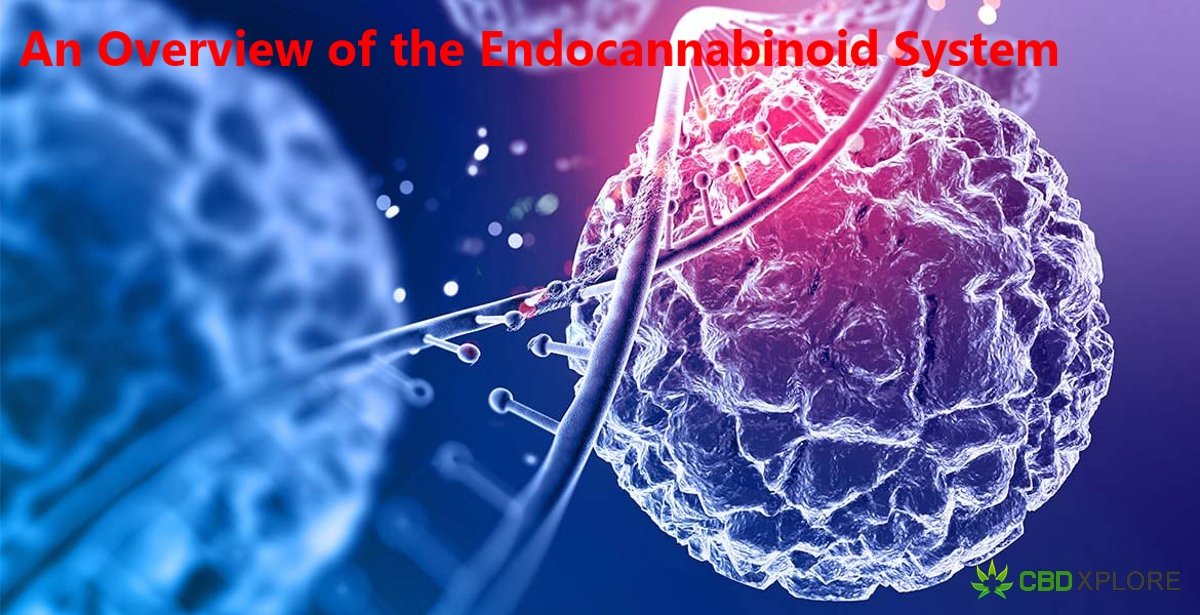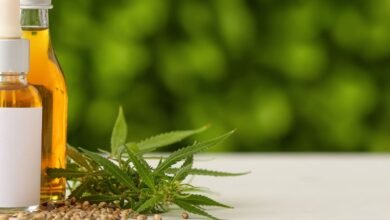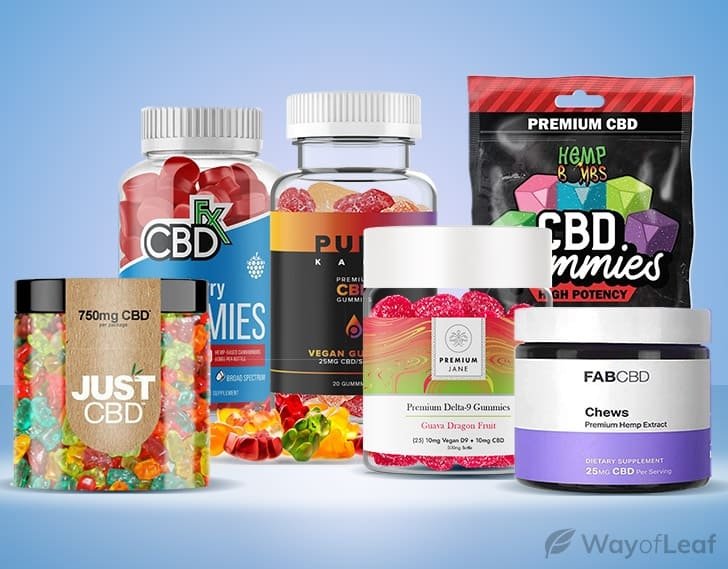CBD Marijuana and Hemp: Exploring Introduction Uses and Legal Status
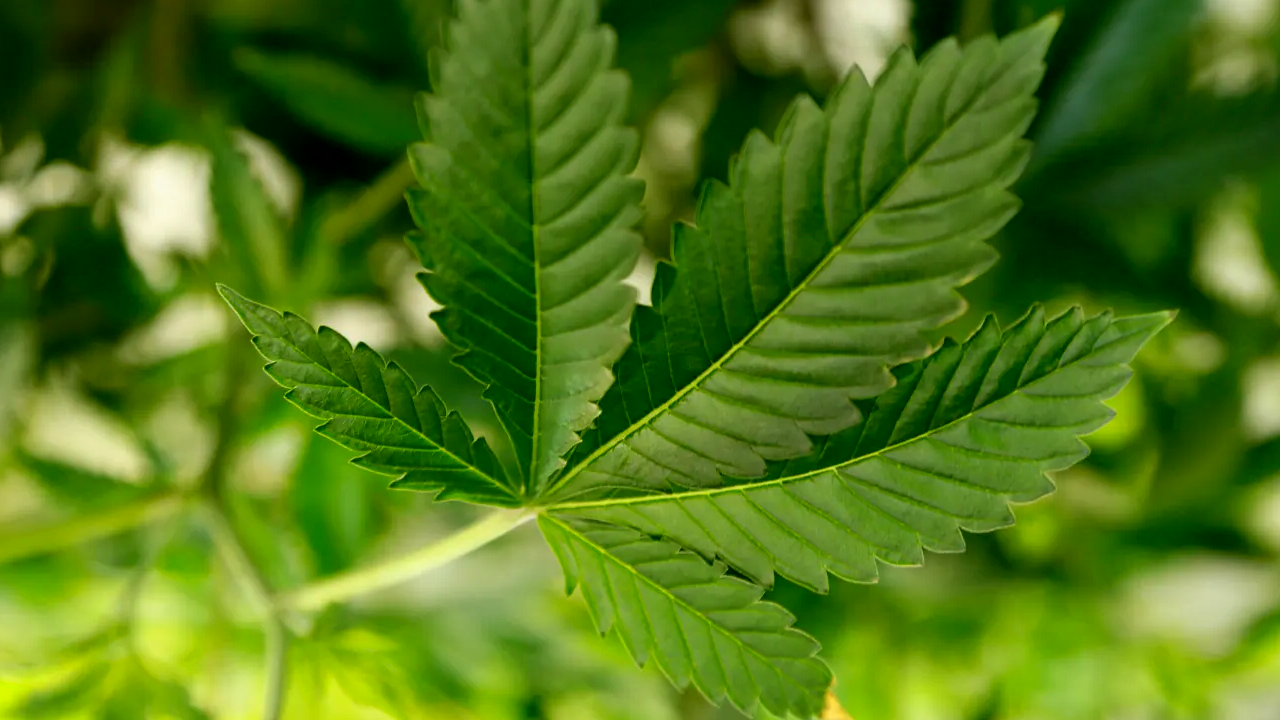
CBD , marijuana, and hemp are three related but distinct terms that are often associated with the cannabis plant. They each have unique characteristics and uses, and it’s important to understand the differences between them.
Explore the Contents
Cannabidiol (CBD)
What it is CBD
CBD is one of over 100 chemical compounds, known as cannabinoids, found in the cannabis plant. It is a non-psychoactive compound, meaning it does not produce the “high” associated with marijuana.
- Uses
CBD has gained popularity for its potential therapeutic benefits. It is used in various forms, including oils, capsules, creams, and more, to alleviate symptoms such as pain, anxiety, inflammation, and seizures.
- Legal Status
The legal status of CBD varies by country and region. In many places, it is legal for medicinal and sometimes even recreational use, provided it contains very low levels of THC (tetrahydrocannabinol), the psychoactive compound found in marijuana.
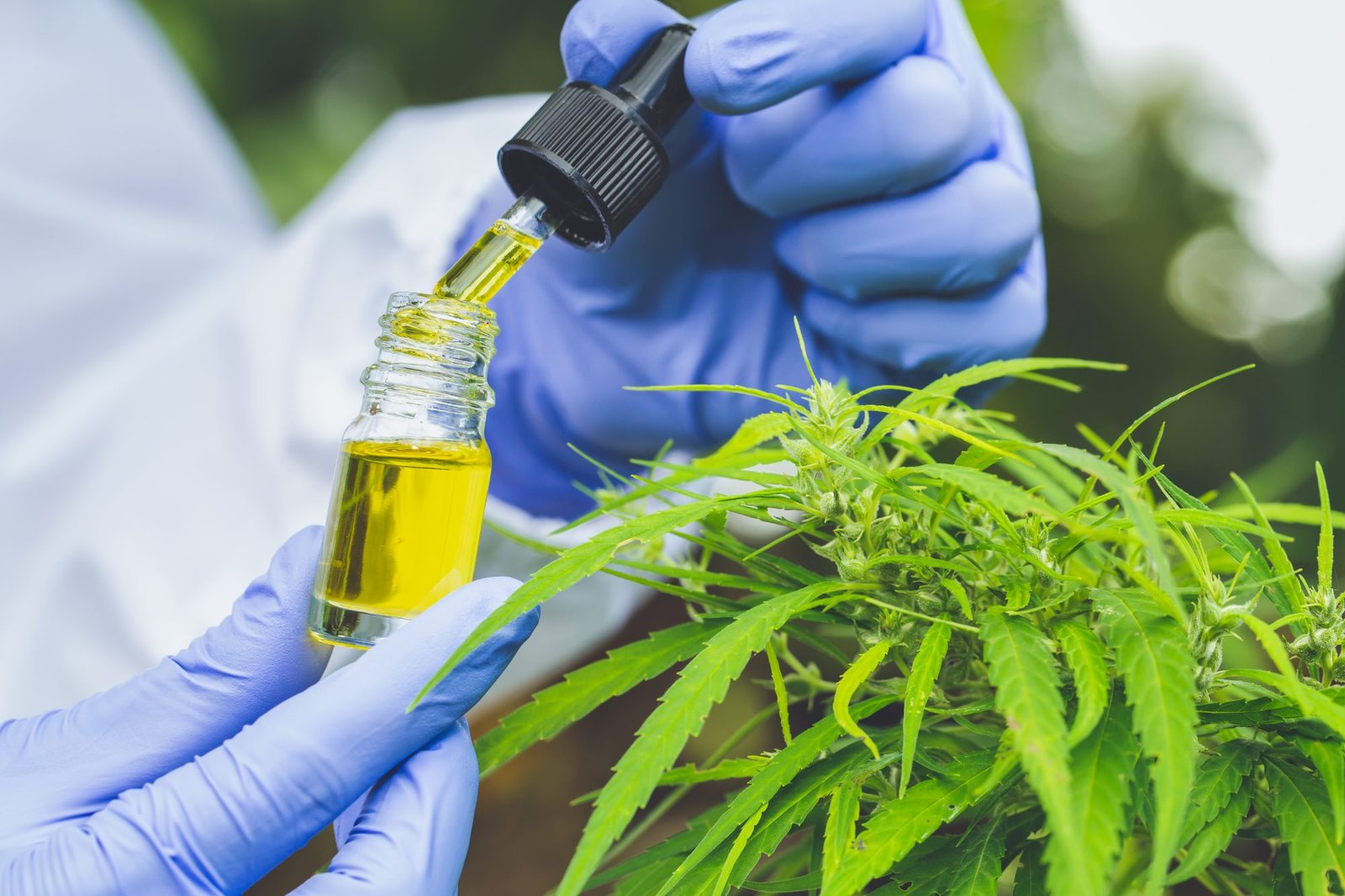
Marijuana
- What it is
Marijuana is a cannabis plant variety that contains a significant amount of THC, which is responsible for its psychoactive effects. It is primarily used for recreational and medicinal purposes.
- Uses
Marijuana is commonly consumed by smoking, vaporizing, or ingesting it to induce a euphoric high, relaxation, and altered perception. It is also used for medicinal purposes to treat conditions like chronic pain, nausea, and muscle spasms.
- Legal Status
The legal status of marijuana varies widely around the world. Some places have legalized it for both medical and recreational use, while others maintain strict prohibitions.
Hemp
- What it is
Hemp is another variety of the cannabis plant, but it is grown for industrial purposes rather than recreational or medicinal use. It has very low THC content, typically less than 0.3%, which makes it non-psychoactive.
- Uses
Hemp has a wide range of industrial applications, including the production of textiles, paper, construction materials, and biofuels. It is also a source of hemp seeds (hemp hearts) and hemp oil, which are used in food and skincare products.
- Legal Status
Hemp is legal in many countries, including the United States, where the 2018 Farm Bill legalized its cultivation and the production of hemp-derived products like CBD.
In summary, CBD is a non-psychoactive compound derived from the cannabis plant and used for its potential therapeutic benefits. Marijuana contains significant levels of THC and is primarily used for recreational and medicinal purposes. Hemp is an industrial variety of cannabis with minimal THC content, cultivated for various non-psychoactive uses. Understanding these distinctions is crucial for making informed choices regarding their use and legality in your region. Additionally, it’s essential to stay up-to-date with local laws and regulations, as they can change over time.
A Plant with Many Faces
Cannabis sativa is a versatile plant species with a history that spans thousands of years. Depending on its cultivation and processing, it can produce substances with very different properties, effects, and uses.
What is Cannabis sativa?
A brief look into the botany and history of Cannabis sativa reveals its ancient uses, from textiles to medicines.
The Differences: Marijuana vs. Hemp
- Cultivation: While both hemp and marijuana are derivatives of Cannabis sativa, they are grown for different purposes and thus have different cultivation processes.
- THC Content: Marijuana has a higher concentration of tetrahydrocannabinol (THC), the psychoactive compound responsible for “getting high.” Hemp, on the other hand, contains less than 0.3% THC.
- Usage: Marijuana is typically grown for its psychoactive properties, while hemp is grown for industrial purposes, such as making rope, textiles, and biofuel.
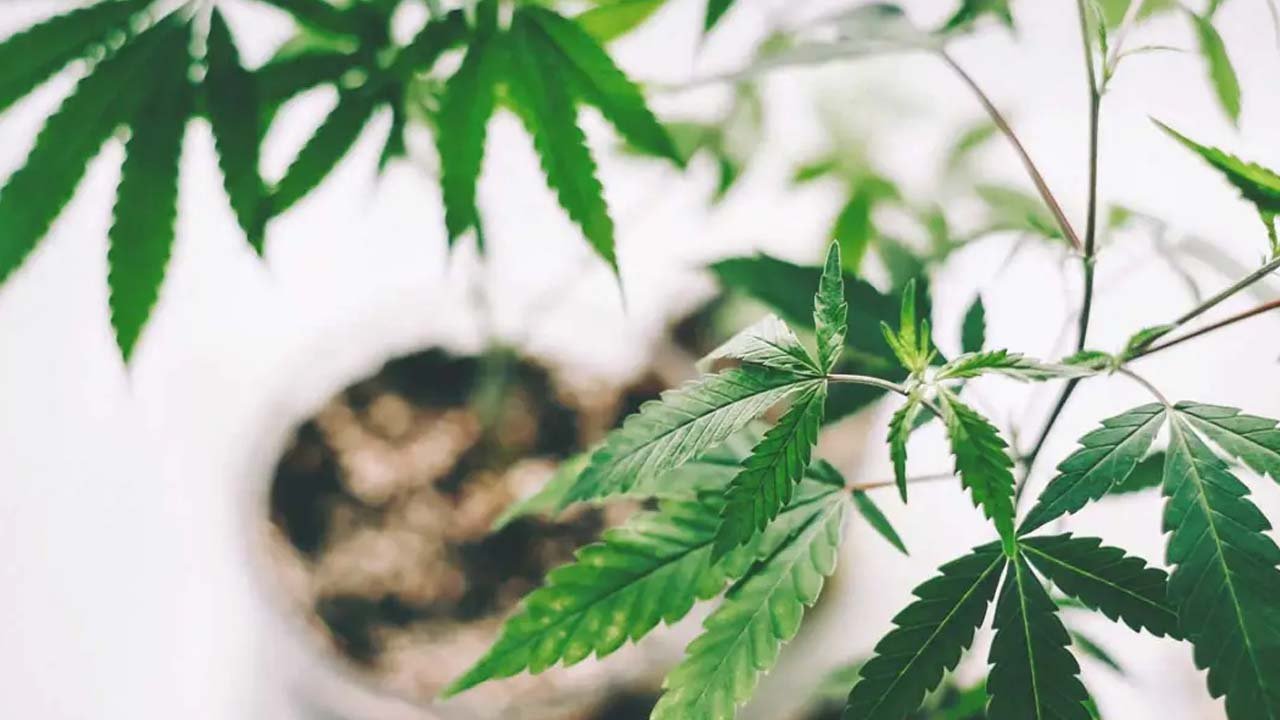
The Rise of CBD
- What is CBD? Cannabidiol (CBD) is a non-psychoactive compound found in both marijuana and hemp.
- Medical Benefits: Ongoing research suggests CBD might help with pain relief, anxiety, insomnia, and other conditions.
- Legal Status: The legal landscape for CBD varies across the globe. In many places, products derived from hemp (with low THC content) are legal.
The Science Behind the “High”
- How THC Works: THC interacts with the endocannabinoid system in our bodies, particularly binding with the CB1 receptors in the brain.
- The Entourage Effect: The theory that the combined effect of the entire spectrum of cannabis compounds is greater than the sum of its parts.
Medical and Recreational Use of Marijuana
A dive into the potential therapeutic benefits of marijuana, as well as the rising trend of recreational use in regions where it has been legalized.
Risks and Controversies
- Health Concerns: Like any substance, cannabis isn’t risk-free. Overconsumption can lead to addiction, cognitive impairment, and mental health issues.
- Legal Implications: The debate surrounding marijuana’s legal status remains heated in many countries.
Hemp Beyond CBD: A Sustainable Resource
- Environmental Benefits: Hemp requires less water, pesticides, and synthetic fertilizers, making it an eco-friendly crop.
- Diverse Uses: From biofuel to building materials like hempcrete, the potential applications of hemp are vast and varied.
The Future of Cannabis
The industry’s trajectory points towards further research, more medical applications, wider legalization, and growing acceptance in society. What could the next decade hold for this versatile plant?
Conclusion: CBD Marijuana and Hemp
The journey of Cannabis sativa, from being vilified and outlawed to becoming a topic of research, economic interest, and societal acceptance, is a testament to the evolving understanding of this plant and its potential benefits.
This outline provides a comprehensive look at the topic, and each section can be further expanded upon with detailed information, research, and case studies to create a full-fledged exploration of cannabis, its derivatives, and their impacts on society and industry.
Read More: What is CBD Isolate: What You Need to Know
FAQS : CBD Marijuana and Hemp
What is Cannabis sativa?
Cannabis sativa is a species of plant that includes both marijuana and hemp. It has been cultivated for thousands of years for various purposes, including medicine, textiles, and recreation.
What’s the difference between hemp and marijuana?
Both are derivatives of Cannabis sativa. The main difference lies in their THC content. Marijuana has high THC levels, while hemp contains less than 0.3% THC. They are also cultivated differently and used for different purposes.
Is CBD the same as marijuana?
No. CBD (cannabidiol) is a non-psychoactive compound found in both marijuana and hemp. It doesn’t produce a “high” like THC.
How does THC produce a “high”?
THC interacts with the endocannabinoid system in our bodies, specifically binding with CB1 receptors in the brain. This interaction alters the normal neurotransmitter function, leading to psychoactive effects.
What is the entourage effect?
It’s the theory that the combined effect of all the compounds in cannabis is greater than the sum of individual effects. It suggests that full-spectrum products might offer more benefits than isolates.
Are there any health risks associated with marijuana use?
Yes. Overconsumption can lead to addiction, cognitive impairment, and mental health issues among other concerns.
Why is hemp considered eco-friendly?
Hemp requires less water, pesticides, and synthetic fertilizers. Its cultivation can also improve soil health, making it an environmentally friendly choice for various applications.
Remember, the answers provided in this FAQ are concise. If you’re planning to use them in a publication or informational resource, it’s a good idea to expand upon them and ensure that the information is up-to-date with current research and regulations.
